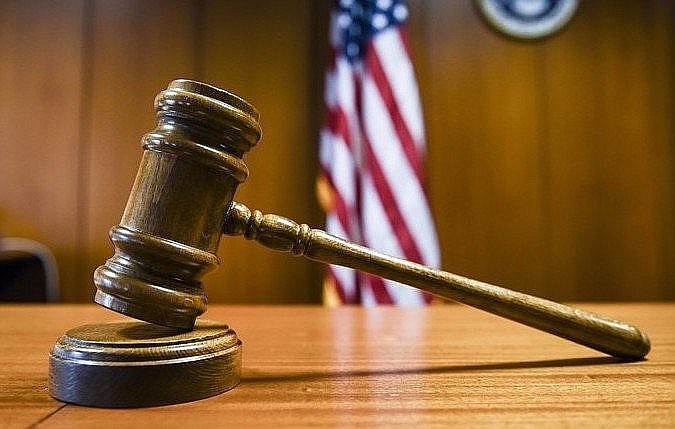
Is legal classification truly required to achieve that goal?Ĭourts will thoroughly scrutinize the state's objective in adopting the legislation or implementing a policy and whether choosing a certain classification is the only way to achieve that aim. The classifications that cause severe examination are referred to as "suspect classifications." The courts use this test to:ĭetermine whether the state has a compelling interest in adopting the legislation? And It is also used for regulations that impact basic liberties like voting or having children. To classify persons grounded on their race or nation of origin is common law. Test of Scrutiny: The Supreme Court's second standard, known as the rigorous scrutiny test, is the most likely to invalidate a statute. The legislation is only valid if both questions are answered affirmatively. Is there a distinction between the two classes or groups of individuals that justifies treating them differently? Was there a legitimate rationale (or "rational foundation") for the state to adopt the law? and Test of rationality: The reasonable foundation test is the Supreme Court's criteria in most decisions. The classification determines the test that a court employs that the legislation or action creates and the affected rights. Because these criteria are difficult to explain precisely or apply mechanically, the circumstances of the case may be just as significant in practice as the specific test used by the court. No state may also deny any individual within its jurisdiction the right to life, liberty, or property without due process of law.”Ĭourts have employed three separate standards to determine whether specific legislation or conduct violates the Equal Protection Clause. Neither a state nor a local government may enact laws that restrict the rights or liberties of U.S. "Individuals born or naturalized in the United States of America are considered citizens of both the nation and the state in which they live. Overall, the Fourteenth Amendment signaled a significant shift in American constitutionalism by imposing far more constitutional constraints on the states than had been in place before the Civil War.įourteenth amendment section 1 of the constitution of the United States: The major purpose for including this phrase was to confirm the equality provisions of the Civil Rights Act of 1866, which promised that all citizens would have the right to equal protection under the law. There must be equitable treatment for persons in similar conditions.

No State must "refuse to any individual within its authority, the equal protection of the laws," as stated in the 1868 article. The United States Constitution's Fourteenth Amendment is one of three amendments passed after the end of the American Civil War (1861–65), bans states from denying anybody "equal protection of the laws." Got a question on this topic?Ī key component of the Fourteenth Amendment's first section is the Equal Protection Clause. Such reservations were one element that prompted Congress to begin drafting and debating what would become the Fourteenth Amendment's Equal Protection Clause.
#Equal rights protection clause full
"Citizens of every race and color shall receive the full and equal benefit."Īccording to President Andrew Johnson, Congress did not have the constitutional authority to adopt the Civil Rights Act of 1866 because of this issue. Citizenship in the United States was granted to all people born, regardless of race or ethnicity. A Republican-controlled Congress implemented the Civil Rights Act of 1866to respond to the inequity enforced by Black Codes.



These rules also imposed harsher criminal penalties on blacks than on whites. Following the war, several ex-Confederate states enacted Black Codes, which severely limited blacks' rights to retain the property, including real property (such as real estate) and various types of personal property, and established legally binding contracts. The Thirteenth Amendment, which ended slavery in the United States, was presented by Congress shortly after the Union's victory in the American Civil War and approved by the states. During the Civil War, numerous Southern governments stripped many whites of their state citizenship and expelled them from their states, thereby taking their property. Before and during the Civil War, the Bill of Rights didn't apply to the Southern states thus, the latter censored the speech of Unionists, anti-slavery campaigners, and other northerners.


 0 kommentar(er)
0 kommentar(er)
